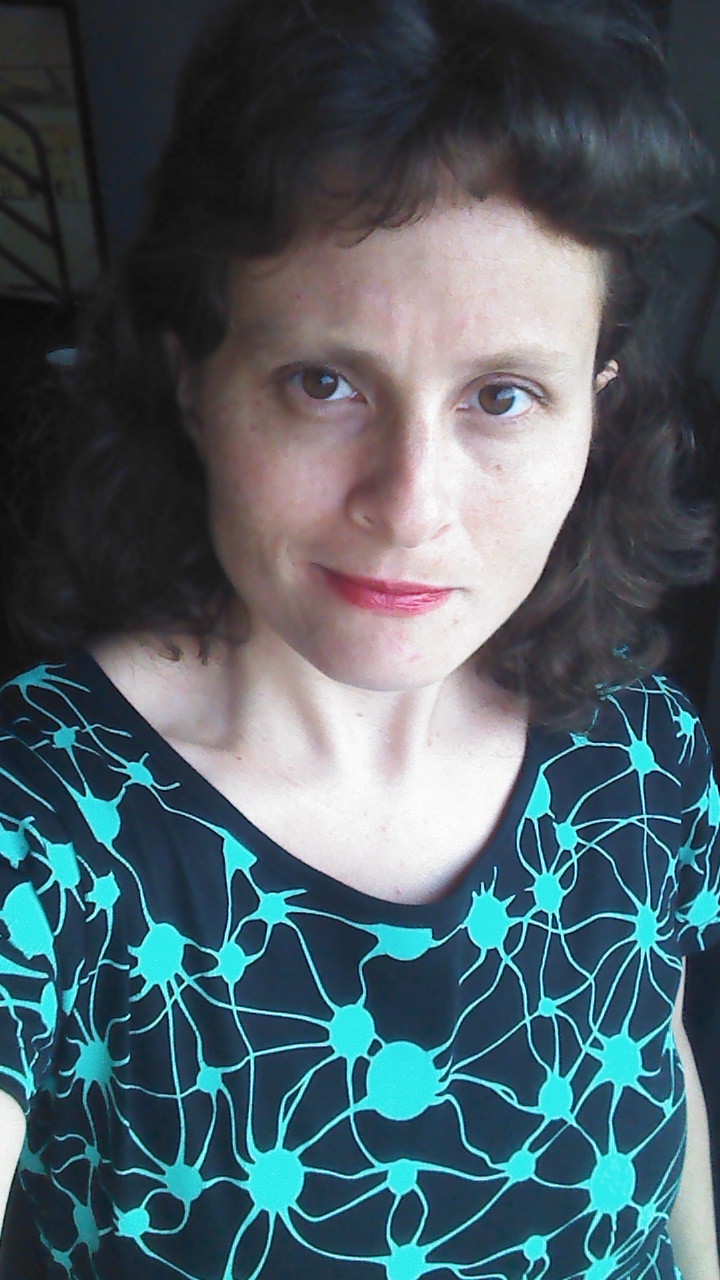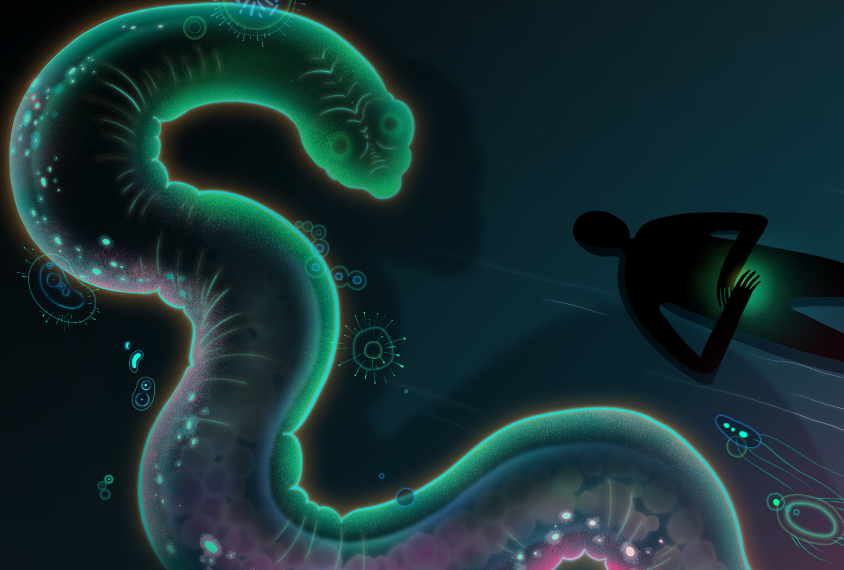Leah Shaffer is a freelance science writer based in St. Louis, Missouri. Her stories have appeared in publications such as Wired, The Atlantic, Discover, NOVA Next and UnDark. She writes about biology, medicine and the weird critters inside and outside the human body.

Leah Shaffer
Freelance writer
From this contributor
Supplements, worms and stool: How families are trying to game the gut to treat autism traits
Scientists are playing catch-up as microbiome-based treatments for autism proliferate.

Supplements, worms and stool: How families are trying to game the gut to treat autism traits
Explore more from The Transmitter
Xiao-Jing Wang outlines the future of theoretical neuroscience
Wang discusses why he decided the time was right for a new theoretical neuroscience textbook and how bifurcation is a key missing concept in neuroscience explanations.
Xiao-Jing Wang outlines the future of theoretical neuroscience
Wang discusses why he decided the time was right for a new theoretical neuroscience textbook and how bifurcation is a key missing concept in neuroscience explanations.
Memory study sparks debate over statistical methods
Critics of a 2024 Nature paper suggest the authors failed to address the risk of false-positive findings. The authors argue more rigorous methods can result in missed leads.

Memory study sparks debate over statistical methods
Critics of a 2024 Nature paper suggest the authors failed to address the risk of false-positive findings. The authors argue more rigorous methods can result in missed leads.
Attention not necessary for visual awareness, large study suggests
People can perceive some visual information even if they do not pay direct attention to it.

Attention not necessary for visual awareness, large study suggests
People can perceive some visual information even if they do not pay direct attention to it.